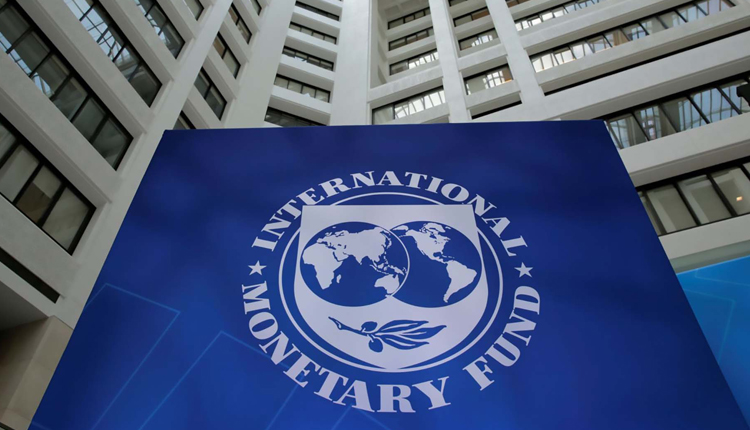The International Monetary Fund (IMF) on Tuesday expressed its support to Ethiopia’s ongoing economic reform initiative that aimed to eliminate macroeconomic imbalances and lay the foundation for sustainable and inclusive growth.
The IMF, which approved about 2.9 billion U.S. dollars funding arrangements to Ethiopia late last week, on Tuesday said that the support is aimed at supporting the Ethiopian government’s Homegrown Economic Reform Program.
“The authorities have developed their very own ambitious Homegrown Economic Reform Plan tailored to the country’s needs and preferences. They have engaged in wide-ranging outreach to discuss the economy’s future with key stakeholders and have taken important initial steps to implement reforms,” the IMF said in its review of Ethiopia’s economic reform agenda issued on Tuesday.
According to IMF, the initiative, in addition to addressing Ethiopia’s foreign exchange shortage, would also reduce debt vulnerabilities, as well as reforming the financial sector and boosting revenue mobilization which will be supported by the provision of technical assistance and training.
Noting that Ethiopia’s economic agenda’s monetary policy would bring the country’s inflation rate into single digits, the IMF said that exchange rate reform under the initiative “will address foreign exchange shortages and increase exchange rate flexibility and, combined with structural reform, will further improve export competitiveness.”
“Revenue reforms and efforts to increase the efficiency of public investment will ensure that infrastructure and social spending needs are met while maintaining sustainable debt levels,” the statement read.
The IMF, however, stressed that financial sector development needs to be accompanied by stronger supervision and financial safety nets to ensure that the financial sector remains stable.
The east African country had recently announced that it would need as much as 10 billion U.S. dollars to successfully implement the three years long national economic reform. The reform is designed to reduce external imbalances, contain debt vulnerabilities, lift financial repression, increase domestic resource mobilization which will also help devote adequate resources to pro-poor spending.
The required financial amount is expected to be mobilized from domestic resources and international development partners.
Last week, the Ethiopian government had disclosed that the World Bank and IMF have pledged to extend more than 5 billion U.S. dollars over the coming three years to support Ethiopia’s ongoing economic reform.
On Dec. 14, Ethiopian Prime Minister Abiy Ahmed also announced over 3 billion U.S. dollars financial pledge from Ethiopia’s Development Assistance Group to the reforms.
Source: Xinhua
